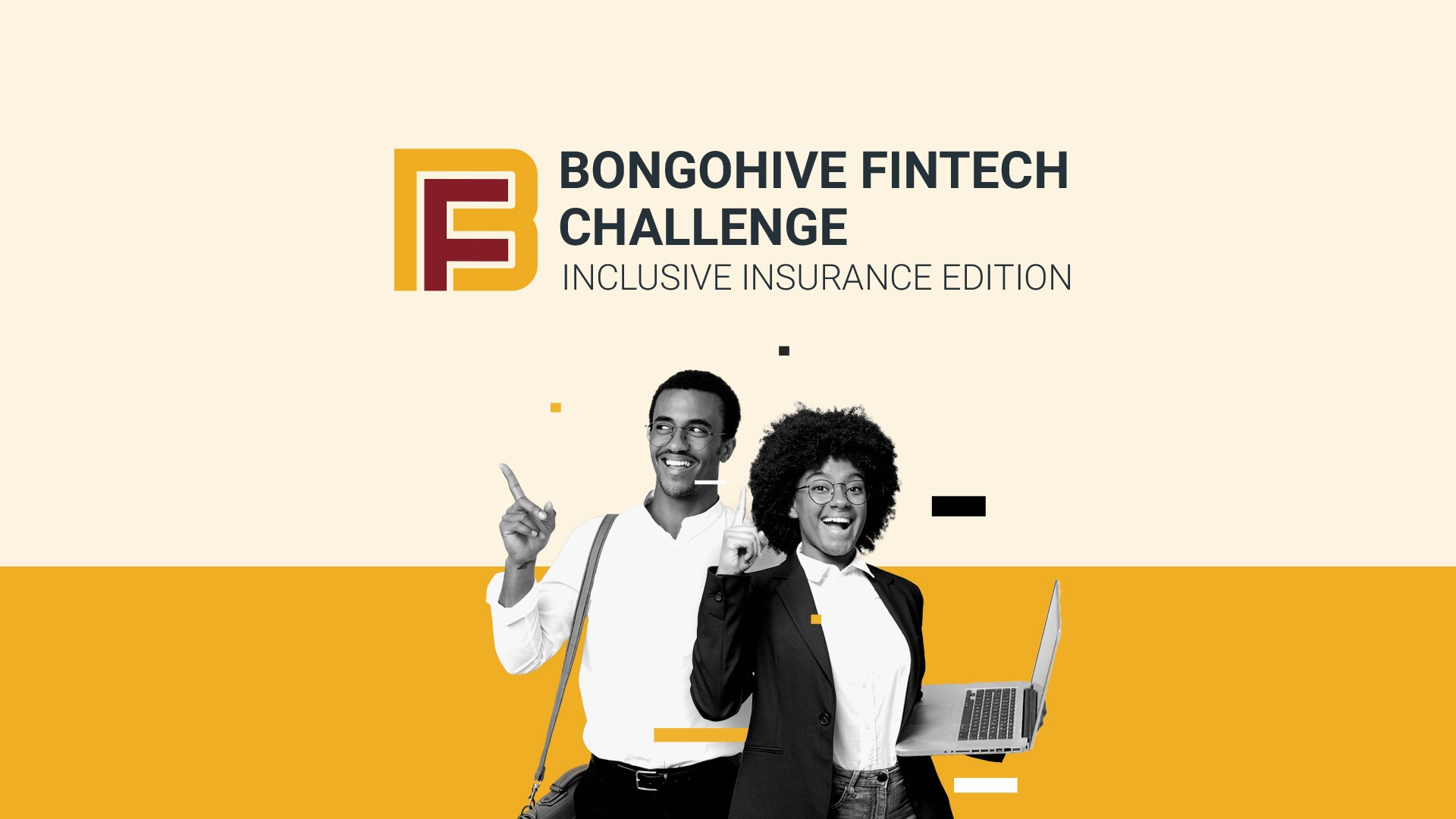According to the Financial Deepening Sector Finscope Report of 2020, growth in the Zambian economy has been subdued. The real GDP growth was projected at a negative 4.2 percent in 2020. The report further reveals that despite the prevailing economic challenges, Zambia has continued to make significant gains in financial inclusion.
However, one sector that has a huge financial inclusion gap is the insurance sector. Insurance is one of the least used financial services in Zambia and there is a need to amplify the importance of inclusive insurance.
In this article, we will discuss what inclusive insurance is, what challenges are encountered and where opportunities can be found
What is inclusive insurance?
Inclusive insurance means the provision of appropriate and affordable insurance products targeting the under-served and low-income people in rural and urban areas. It is the type of insurance that addresses the most pressing needs of our time and provides the much-needed support for people to re-establish their livelihoods in case of a crisis. For example, a market trader who loses her goods to a fire suffers a massive loss of income which she can’t easily replace. In the first place, insurance products that cover her type of misfortune don’t exist. And where they do exist, she doesn’t know about them and they are not easily accessible. Providing solutions to such problems is what inclusive insurance aims to achieve.
Especially in the Covid-19 times that we live in, low-income households and under-served individuals are vulnerable to financial shocks. Creating insurance products that speak to the specific needs of these groups of people provides a safety net to mitigate the impact of the pandemic.
What are the challenges?
To attract new ideas that address current challenges in the Zambian financial landscape, we held four insight formation workshops with FSD Zambia and various financial sector experts from the Insurance, Banking and Payments sectors. Through the insights provided, we identified three problems:
- Digitisation of Insurance Systems
Insurance processes remain largely inefficient and ineffective particularly with regards to client onboarding, collection of premiums, payout of claims and agent misconduct.
- Education on Insurance
Lack of insurance awareness has been one of the major barriers to the uptake of insurance products, regardless of how customer-centric they may be in terms of design, pricing and distribution. According to research findings, over 40% of adult Zambians have not heard about insurance let alone its value. Even among those that have some basic understanding, there exist some myths and misinformation that must be dispelled. Insurance products remain the least consumed from a long list of financial services and products.
- Inclusive Products for Women
Current socio-cultural norms and income distribution disproportionately disenfranchise women, who remain underserved and under-insured. Further, insurance products are largely gender-neutral and do not take into account the specific needs of women.
What are the opportunities?
Creating insurance products that are sustainable and inclusive is about knowing the pain points of the underserved and low-income people. There is a need to develop educational material that explains what insurance is, its benefits and how it is used. These awareness campaigns should bear in mind the literacy levels and language barriers of the different target audiences.
When it comes to inclusive products for women, capitalise on their priorities and behaviours. For example, women generally like to save and belong to various local groups popularly known as ‘Chilimba’. An opportunity would be to partner with the savings group to offer a form of savings insurance.
Considering the varying literacy levels between men and women, simplifying the insurance language and processes can increase insurance uptake by women.
Long insurance processes are bound to frustrate any customer, staff included. Automating some of these processes increases efficiency, fast-tracks claims and serves customers better.
BongoHive and FSD Zambia have set out to host the second BongoHive FinTech Challenge with a focus on inclusive insurance. With the support of the Microinsurance Technical Advisory Group (TAG) and Pensions Insurance Authority (PIA), we would like to work with upcoming fintechs that are addressing financial inclusion gaps in the insurance sector. Applications for the challenge close on Friday, the 27th of August 2021 at 23:59 hours. For more information and to apply, visit our website.




